The Essential Guide to Raw Materials for Gluten-Free Products: Partner with MT Royal Company
In recent years, the demand for gluten-free products has skyrocketed, driven by an increase in awareness about gluten sensitivities, celiac disease, and the growing trend of health-conscious eating. Consumers are actively seeking gluten-free alternatives that don’t compromise on taste or texture, leading to a boom in the gluten-free food market. For manufacturers looking to create high-quality gluten-free products, understanding the raw materials for gluten-free products is crucial.
At MT Royal Company, we specialize in sourcing the finest ingredients necessary for crafting gluten-free foods that delight consumers. This comprehensive guide will explore the essential raw materials used in gluten-free product production, provide a complete list of these ingredients, explain why MT Royal Company is your ideal partner, and outline the steps involved in importing these essential components. Join us on this journey as we unlock the world of gluten-free ingredients and discover how MT Royal can elevate your product offerings.
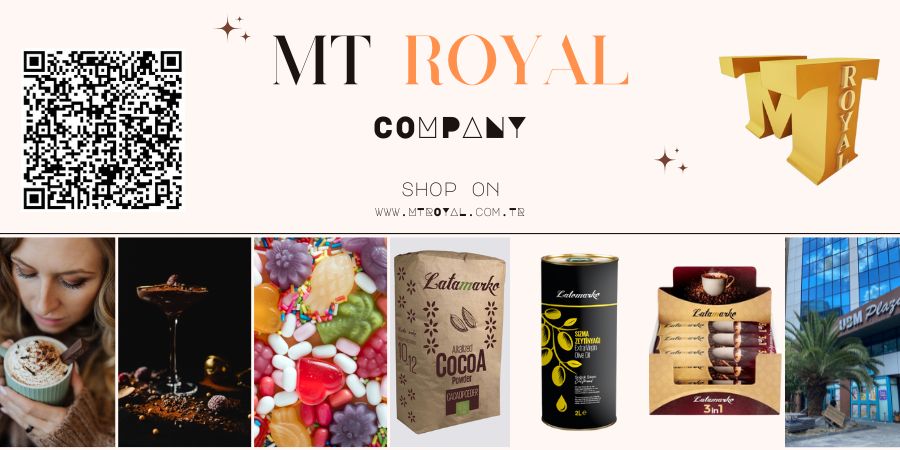
The Flourishing Gluten-Free Market
The gluten-free market is thriving, with an increasing number of consumers opting for gluten-free diets for various reasons. Here are some key trends fueling the growth of this segment:
1. Rising Awareness of Health Issues
As awareness of gluten-related disorders rises, more people are seeking gluten-free alternatives. This shift is particularly significant among individuals diagnosed with celiac disease, gluten sensitivity, or those looking to improve their overall health.
2. Expansion of Product Offerings
Manufacturers are responding to consumer demand by expanding their gluten-free product lines. From baked goods to snacks and sauces, gluten-free options are becoming increasingly diverse, making it easier for consumers to find suitable choices.
3. Innovative Ingredients
The gluten-free industry has witnessed significant innovation in ingredient sourcing and product development. New technologies and ingredient combinations are enabling manufacturers to create gluten-free products that closely mimic the taste and texture of traditional wheat-based items.
4. Health-Conscious Choices
Many consumers, even those without gluten sensitivities, are adopting gluten-free diets as part of a healthier lifestyle. They associate gluten-free with clean eating and natural ingredients, prompting manufacturers to meet this demand.
Complete List of Raw Materials for Gluten-Free Products
Creating high-quality gluten-free products requires a thoughtful selection of ingredients that provide taste, texture, and overall product quality. Here’s a complete list of essential raw materials for gluten-free products:
1. Gluten-Free Flours
The backbone of gluten-free baking is flour, and various gluten-free flours are available to replace traditional wheat flour. Some popular options include:
- Almond Flour: Made from finely ground almonds, it adds moisture and a slightly nutty flavor.
- Coconut Flour: A high-fiber flour that absorbs moisture well, often used in baking.
- Rice Flour: A versatile flour that provides a neutral flavor and is commonly used in gluten-free products.
- Oat Flour: Made from ground gluten-free oats, it adds a mild flavor and is high in fiber.
- Sorghum Flour: Adds a mild sweetness and is rich in protein and fiber.
- Chickpea Flour: Made from ground chickpeas, it adds a hearty texture and is high in protein.
2. Starches
Starches play a critical role in gluten-free formulations, helping to improve texture and provide structure. Common starches include:
- Tapioca Starch: Known for its neutral flavor and ability to create a chewy texture in baked goods.
- Potato Starch: Adds moisture and helps create a light texture in gluten-free products.
- Cornstarch: Used to thicken sauces and improve texture in various baked goods.
3. Binders
Binders are essential for holding gluten-free ingredients together, mimicking the structure provided by gluten. Common binders include:
- Xanthan Gum: A popular gluten replacement that improves texture and provides elasticity.
- Guar Gum: Another thickener that helps stabilize and bind gluten-free products.
- Psyllium Husk: A soluble fiber that adds moisture and improves the texture of gluten-free baked goods.
4. Leavening Agents
Leavening agents are crucial for creating rise and texture in baked gluten-free goods. Common leavening agents include:
- Baking Powder: A combination of baking soda and an acid, it provides lift to gluten-free baked goods.
- Baking Soda: Often used in combination with acidic ingredients to create leavening.
5. Sweeteners
Sweeteners enhance flavor and can be natural or artificial:
- Sugar: The most common sweetener, providing sweetness and contributing to browning.
- Honey: A natural sweetener that adds flavor and moisture to gluten-free products.
- Agave Nectar: A plant-based sweetener that is lower on the glycemic index than sugar.
- Maple Syrup: Adds a distinct flavor profile and sweetness.
6. Flavorings
Flavorings enhance the taste of gluten-free products and can be derived from natural or artificial sources:
- Natural Flavorings: Extracts from fruits, spices, and other plant sources that provide authentic taste experiences.
- Vanilla Extract: A popular flavoring that adds warmth and sweetness to baked goods.
7. Dairy Ingredients
For gluten-free products that contain dairy, high-quality dairy ingredients are essential:
- Milk: Whole, low-fat, or non-dairy milk alternatives can be used depending on dietary preferences.
- Butter: Adds richness and flavor to baked goods, though alternatives like coconut oil can be used for dairy-free recipes.
- Cheese: Can be included in savory gluten-free snacks for added flavor.
8. Stabilizers and Preservatives
To enhance shelf life and maintain product quality, stabilizers and preservatives may be included:
- Calcium Propionate: A common preservative used to inhibit mold growth in baked goods.
- Potassium Sorbate: Helps extend shelf life by preventing spoilage.
Why Choose MT Royal Company?
When sourcing raw materials for gluten-free products, partnering with MT Royal offers numerous advantages that can enhance your business:
1. Extensive Supplier Network
MT Royal has developed strong relationships with trusted suppliers who provide high-quality ingredients specifically for gluten-free product production. This extensive network allows us to connect you with reliable producers who adhere to high-quality standards.
2. Expertise in Import Regulations
Navigating food import regulations can be complex, particularly when dealing with various ingredients. Our team possesses extensive knowledge of international import laws and customs procedures, ensuring compliance and a smooth transaction process. We guide you through the necessary regulations, minimizing potential delays.
3. Quality Assurance
Quality is our top priority. We conduct thorough vetting of our suppliers and ensure that all products undergo rigorous testing to meet international safety and quality standards. This guarantees that you can trust the ingredients you import from us.
4. Competitive Pricing
At MT Royal, we are committed to providing competitive pricing on all our ingredients for gluten-free products. By working directly with producers and optimizing our supply chain, we can offer you high-quality ingredients without exceeding your budget.
5. Personalized Support
We understand that every business has unique needs. Our dedicated team is here to assist you with product selection, documentation, and logistical coordination, ensuring a smooth import process tailored to your specific requirements.
6. Efficient Logistics
Timely delivery is crucial in the food industry. Our established logistics network ensures that your orders of gluten-free ingredients are shipped promptly and arrive in optimal condition. You can rely on MT Royal to manage all aspects of logistics, from shipping to customs clearance.
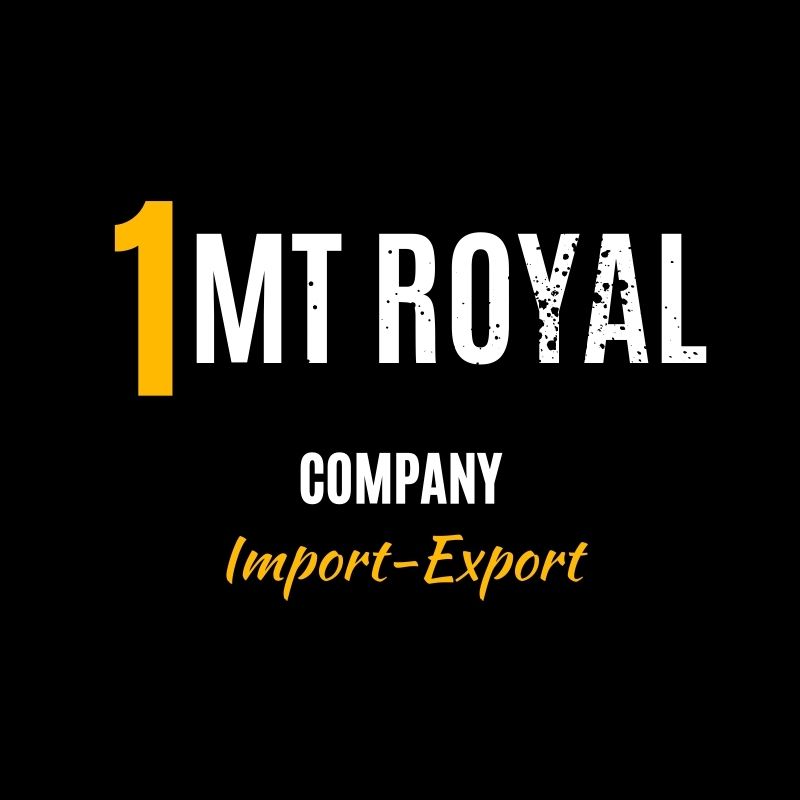
Steps to Import Raw Materials for Gluten-Free Products
Understanding the importation process is vital for successful sourcing. Here are the essential steps involved in importing raw materials for gluten-free products:
Step 1: Identify Your Product Needs
Start by researching the specific ingredients you need for your gluten-free products. Consider factors such as market demand, quality requirements, and potential suppliers. MT Royal can assist you in identifying suitable ingredients based on your requirements.
Step 2: Establish Relationships with Trusted Suppliers
Building relationships with reliable suppliers is crucial for successful imports. At MT Royal, we have established partnerships with top suppliers who can provide you with the best ingredients for your gluten-free products.
Step 3: Obtain Necessary Documentation
Gather all required documentation for your imports. This may include:
- Commercial Invoice: A detailed description of the transaction between the buyer and seller.
- Packing List: An itemized list of the goods being shipped.
- Certificates of Origin: Documentation confirming the country of origin of the products.
- Health and Safety Certificates: Required to verify compliance with food safety standards.
- Import Permits: Ensure you have any required import permits based on the product type.
MT Royal will assist you in obtaining the necessary documentation, ensuring compliance with regulations.
Step 4: Collaborate with MT Royal
Engaging with MT Royal will streamline your import process. Our team will guide you through the necessary steps and ensure that all documentation is in order. We will assist in liaising with suppliers and managing logistics.
Step 5: Customs Clearance
Once your ingredients arrive in Turkey, they will need to undergo customs clearance. Our experienced team will handle this process on your behalf, ensuring that all required documentation is submitted accurately and promptly.
Step 6: Delivery to Your Location
After customs clearance is complete, we will coordinate the delivery of your ingredients to your specified location. Our logistics network ensures that your imported goods arrive on time, ready for production.
Step 7: Quality Control Upon Arrival
Once your ingredients have been delivered, it’s essential to conduct quality control checks to ensure that they meet your specifications. MT Royal is committed to supporting you in this process by providing guidance on best practices for quality assurance.
Step 8: Maintain Communication with Suppliers
Keeping lines of communication open with your suppliers and with MT Royal is vital for successful importation. Regular updates and feedback can help ensure a smooth process for future orders and enhance your overall experience.
Understanding Tariffs and Duties
When importing food products into Turkey, it’s important to be aware of any applicable tariffs and duties. The Turkish Customs and Trade Ministry establishes these rates, which can vary depending on the type of product being imported. MT Royal can provide insights into potential costs associated with your imports, helping you budget effectively.
Overcoming Challenges in the Import Process
Importing food products can present challenges, from regulatory compliance to logistical hurdles. Here’s how MT Royal helps you navigate potential issues:
1. Regulatory Compliance
Understanding and complying with Turkey’s import regulations for food can be complex. Our team provides expert guidance to ensure that all documentation and processes adhere to legal requirements, minimizing the risk of fines or delays.
2. Quality Assurance
Quality control is paramount when importing food products. MT Royal conducts thorough inspections and works with trusted suppliers to ensure that the products you import meet the highest standards.
3. Logistical Coordination
Transporting food products can involve logistical complexities. Our experienced logistics team manages all aspects of the supply chain, from shipping to warehousing, ensuring that your products are delivered on time and in excellent condition.
4. Adaptability to Market Changes
The food industry is ever-evolving, with changing consumer preferences and regulatory updates. MT Royal stays ahead of trends and market shifts, providing you with timely information and insights to adapt your import strategy effectively.
Conclusion: Partner with MT Royal for Quality Gluten-Free Ingredients
When it comes to sourcing raw materials for gluten-free products, MT Royal Company is your trusted partner for quality and excellence. Our commitment to high-quality ingredients, competitive pricing, and exceptional service makes us the ideal choice for all your import needs.
Don’t miss out on the opportunity to enhance your gluten-free product offerings with top-quality ingredients from Turkey. Experience the benefits of partnering with MT Royal today! Contact us to explore our extensive range of products and discover how we can help you navigate the complexities of the import process. Together, let’s unlock the potential of the Turkish market and ensure your business thrives in this competitive landscape!
Explore our selection of premium food raw materials.
Import-Export Companies in Türkiye with 99% discount
Food industry raw materials – list of products


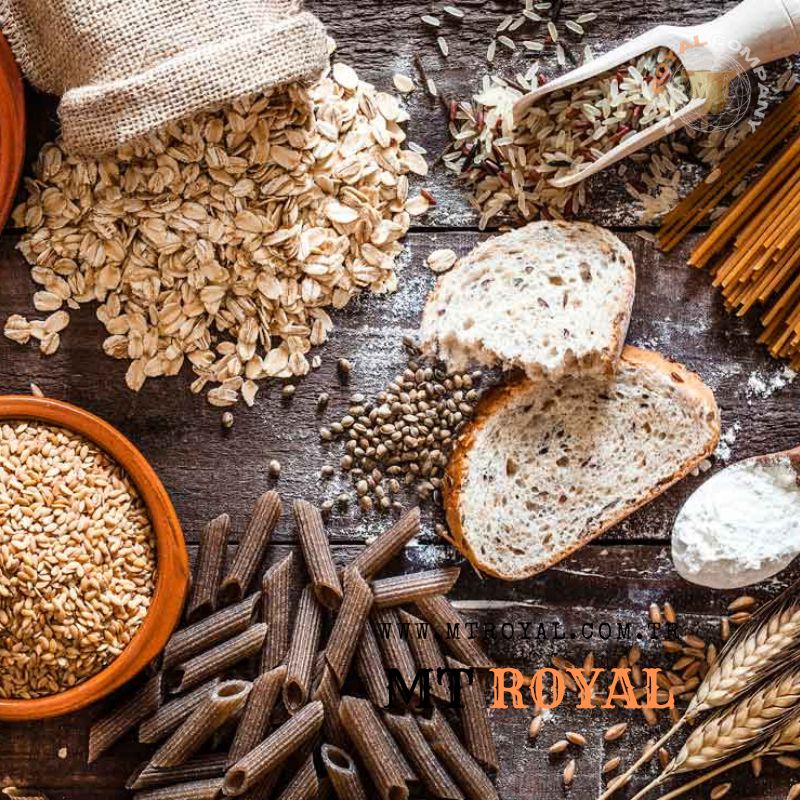
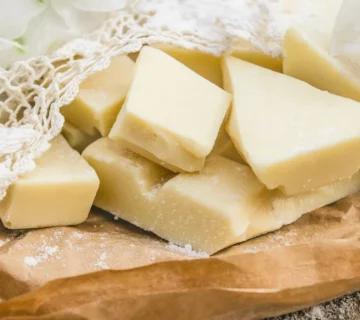
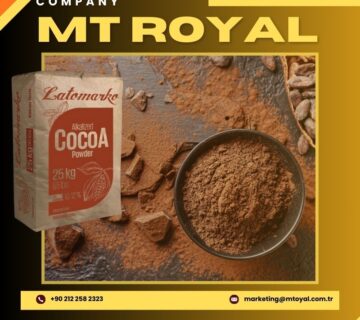
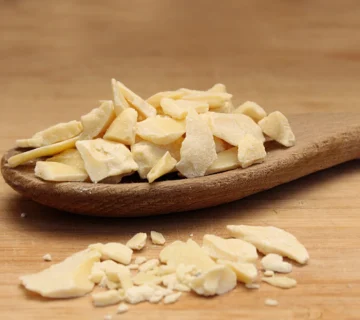
No comment